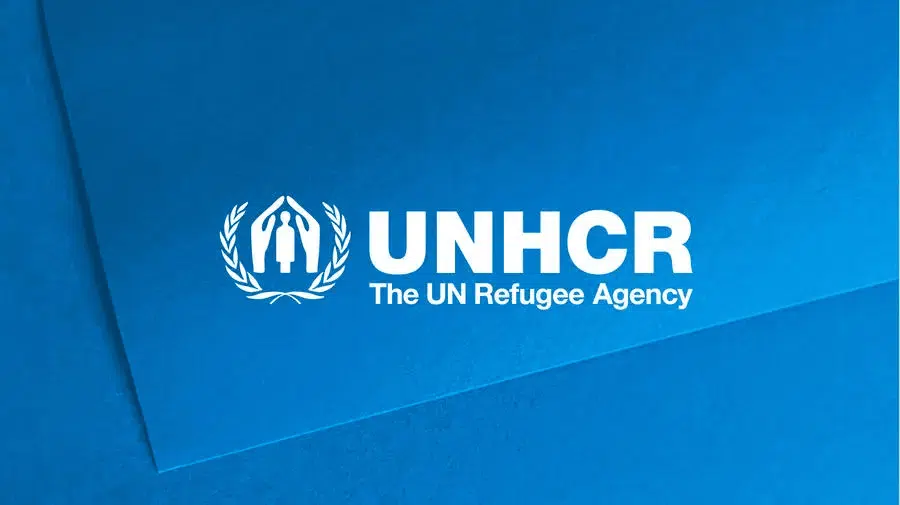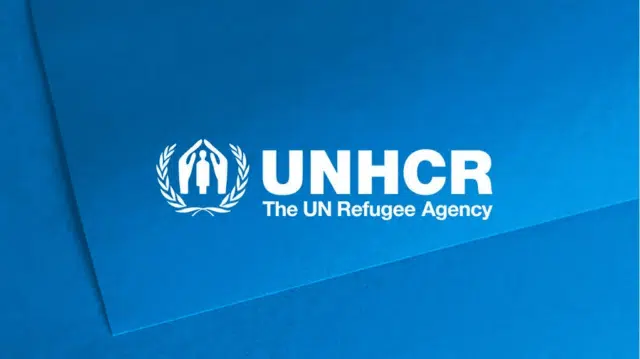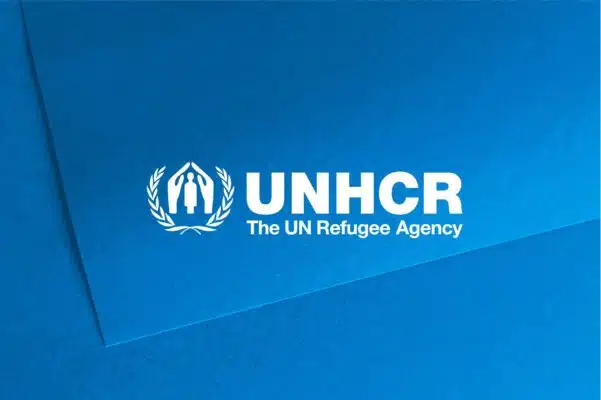
© UNHCR
GENEVA – Following the passage of the “Safety of Rwanda” Bill by the UK Parliament, two UN leaders have again sounded the alarm on the harmful impact it will have on global responsibility-sharing, human rights and refugee protection.
Filippo Grandi, the UN High Commissioner for Refugees, and Volker Türk, the UN High Commissioner for Human Rights, are calling on the UK government to reconsider its plan to transfer asylum-seekers to Rwanda and instead to take practical measures to address irregular flows of refugees and migrants, based on international cooperation and respect for international human rights law.
The Safety of Rwanda (Asylum and Immigration) Bill was tabled before Parliament alongside the UK-Rwanda Asylum Partnership Treaty after the UK’s Supreme Court found last year that the proposed transfer of asylum-seekers to Rwanda would breach international and UK law, noting weaknesses in the Rwanda system for determining individual asylum claims. But the Bill and the Treaty do not in practice overcome the protection gaps identified by the Supreme Court. Rather, once enacted, it will restrict the UK courts from properly scrutinising removal decisions, leaving asylum-seekers with limited room to appeal even if they face significant risks.
“The new legislation marks a further step away from the UK’s long tradition of providing refuge to those in need, in breach of the Refugee Convention,” said Grandi. “Protecting refugees requires all countries – not just those neighbouring crisis zones – to uphold their obligations. This arrangement seeks to shift responsibility for refugee protection, undermining international cooperation and setting a worrying global precedent.”
“The UK has a proud history of effective, independent judicial scrutiny. It can still take the right steps and put in place measures to help address the factors that drive people to leave home, and share responsibility for those in need of protection with European and other international partners,” he added.
For this, a fair, efficient and well-governed migration and asylum system is key – ensuring access to protection for those in need and enabling the return home of those with no lawful basis to remain.
Acknowledging the challenges presented by the irregular movement of refugees and migrants, often in dangerous circumstances, the UN leaders nonetheless expressed grave concern that the legislation would facilitate transfers under the UK-Rwanda asylum partnership, with only limited consideration of their individual circumstances or any protection risks. They called on the UK instead to pursue practical cooperation with countries along the routes that refugees and migrants take, to strengthen protection and offer real alternatives. This includes expanding safe and regular pathways to protection.
“By shifting responsibility for refugees, reducing the UK’s courts’ ability to scrutinise removal decisions, restricting access to legal remedies in the UK and limiting the scope of domestic and international human rights protections for a specific group of people, this new legislation seriously hinders the rule of law in the UK and sets a perilous precedent globally,” said Türk.
“It is critical to the protection of the human rights and dignity of refugees and migrants seeking protection that all removals from the UK are carried out after assessing their specific individual circumstances in strict compliance with international human rights and refugee law.”
The new legislation is the third in a series of progressively restrictive UK laws that have eroded access to refugee protection in the UK since 2022, including through a ban on access to asylum or other forms of permission to stay in the UK for those arriving irregularly via a third country. If implemented, it would pave the way for asylum-seekers, including families with children, to be summarily sent to Rwanda to present their asylum claims, with no prospect of return to the UK. It will also drastically limit the ability for asylum-seekers to challenge or appeal removal decisions, with decision-makers and judges required to conclusively treat Rwanda as a “safe” country in terms of protecting asylum-seekers – regardless of any evidence to the contrary, now or in the future. This situation is even more concerning given the legislation expressly authorizes the Government to disregard any protective interim remedies from the European Court of Human Rights.
For more information on this topic, please contact:
UNHCR:
- In London: Maeve Patterson, patterso@unhcr.org, +44 7880 230 985
- In Kigali: Lilly Carlisle, carlisle@unhcr.org, +250 788 350 295
- In Geneva: Louise Donovan, donovan@unhcr.org, +41 79 217 3058
- In Geneva: Shabia Mantoo, mantoo@unhcr.org, + 41 79 337 7650
- In Geneva: Matt Saltmarsh, saltmars@unhcr.org, +41 79 967 9936
OHCHR:
- In Geneva: Ravina Shamdasani, ravina.shamdasani@un.org,+ 41 22 917 9169
- In Geneva: Jeremy Laurence, jeremy.laurence@un.org, +41 22 917 9383
- In Geneva: Marta Hurtado, marta.hurtadogomez@un.org, +41 22 917 9466
- In Nairobi: Seif Magango, seif.magango@un.org, +254 788 343 897





